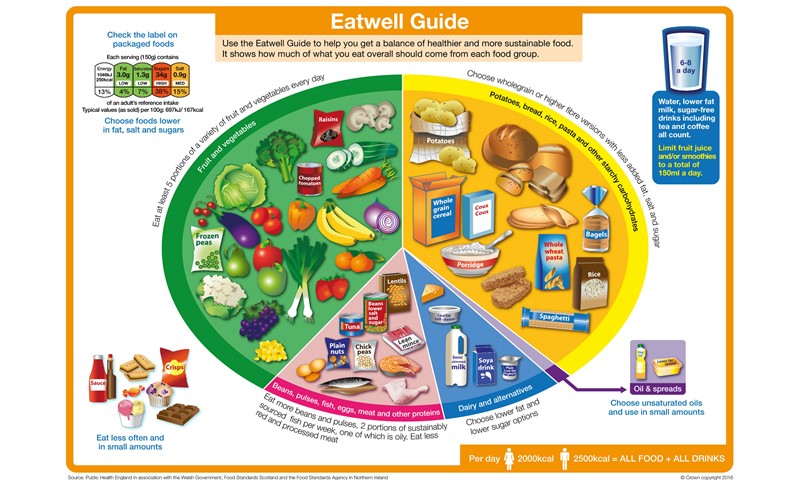

Making Healthier Choices
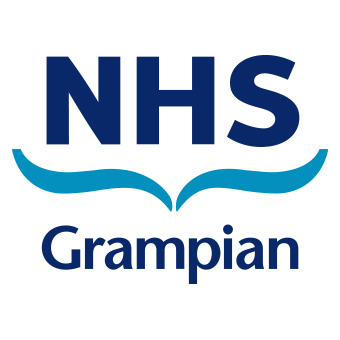
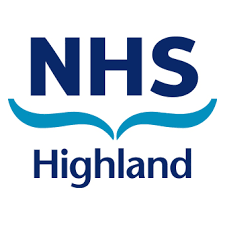
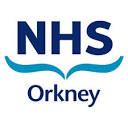

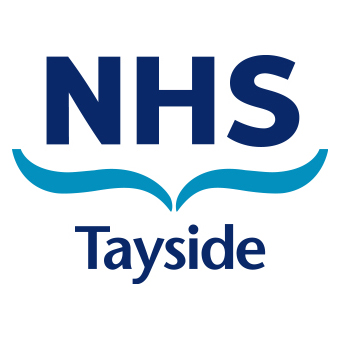

Healthier Choices
Make small changes to the balance of your diet and incorporate exercise in to your routine when you are living with cancer.
Is this information for me?
- If you have cancer surgery planned this advice may help you to improve your health for your cancer surgery
- If according to the body mass index (BMI) calculator your BMI is above the healthy range
- If you have gained weight without needing to as a result of cancer treatment, i.e. hormone therapy or steroids, you may wish to make healthier choices to prevent further weight gain
You may notice that you gradually lose weight making healthier food and lifestyle choices. This is the safest way for you to lose weight. Adjusting the balance of your diet will also mean you are more likely to get the nutrients that your body needs.
Taking steps to actively try to lose weight when you have cancer and are going through cancer treatment is not encouraged. If after your cancer treatment you want to lose weight, speak to your healthcare professional who will be able to signpost you to someone who can help you.
How can I successfully make a change to my diet?
Making a lifestyle change can be a challenge particularly when you have a cancer diagnosis. Many aspects of your life may be changing out-with your control.
It is ok to have a long-term goal but to begin with, aim small. Start from where you are at and introduce changes gradually. Give yourself time to establish a routine with one change before adding in another. Most importantly make sure your goals are achievable and individual to you.
What is a healthy balanced diet?
You may be familiar with the ‘Eatwell Guide’. This diagram shows the proportion of each food group needed to get all the nutrients our body's need.
There are five food groups. These include;
- Potatoes, bread, rice, pasta and other starchy carbohydrates
- Fruit and Vegetables
- Beans, pulses, fish, eggs, meat and other proteins
- Dairy and alternatives
- Oils and spreads
To find out more about the individual food groups including portion sizes and examples of foods from each group visit NHS Inform, Food Standards Agency or British Nutrition Foundation.
If you follow a vegetarian or vegan diet you can find more information to ensure you have a balanced diet that includes all of the food groups as well as links to vegetarian and vegan eatwell guides.
Read on for some ideas to get you started on making healthier choices.
Establish a regular meal pattern
 Aim to have 3 meals per day. Start by having something soon after wakening. If you do not usually take a breakfast, try a plain biscuit, a slice of toast or a milky drink.
Aim to have 3 meals per day. Start by having something soon after wakening. If you do not usually take a breakfast, try a plain biscuit, a slice of toast or a milky drink.

Choose healthier cooking methods
Grill, steam or oven bake foods rather than frying. Avoiding the use of oil will reduce the calorie and fat content.
Consider your portion size
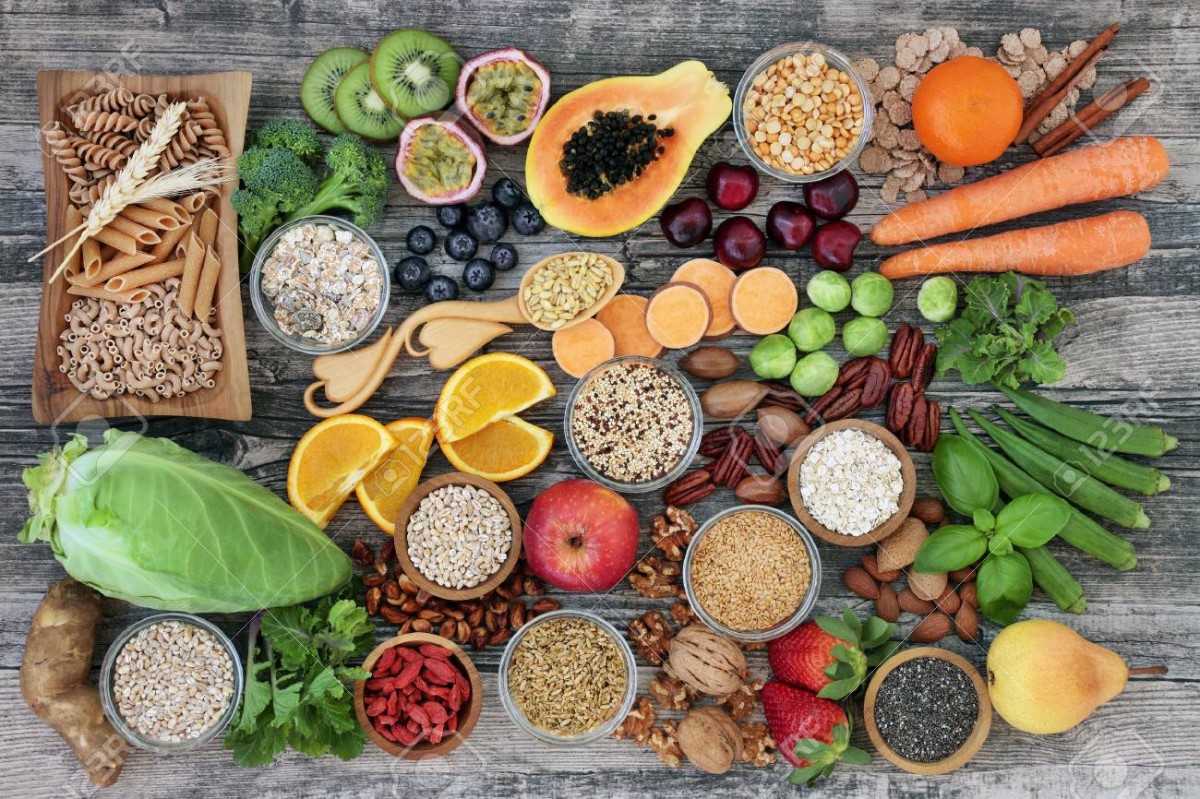 Try using a smaller dinner plate, refrain from taking a second portion or try bulking up your plate with vegetables which will offer less calories and more fibre, keeping you fuller for longer. For more information on portion sizes visit the British Nutrition Foundation webpage.
Try using a smaller dinner plate, refrain from taking a second portion or try bulking up your plate with vegetables which will offer less calories and more fibre, keeping you fuller for longer. For more information on portion sizes visit the British Nutrition Foundation webpage.
Portion out your food
If the portion is designed for sharing, plate out the portion you intend on eating to avoid eating a bigger portion
Eat slowly and chew your food well
Respond to your body's signals that you are feeling full by stopping eating.
Plan your meals ahead
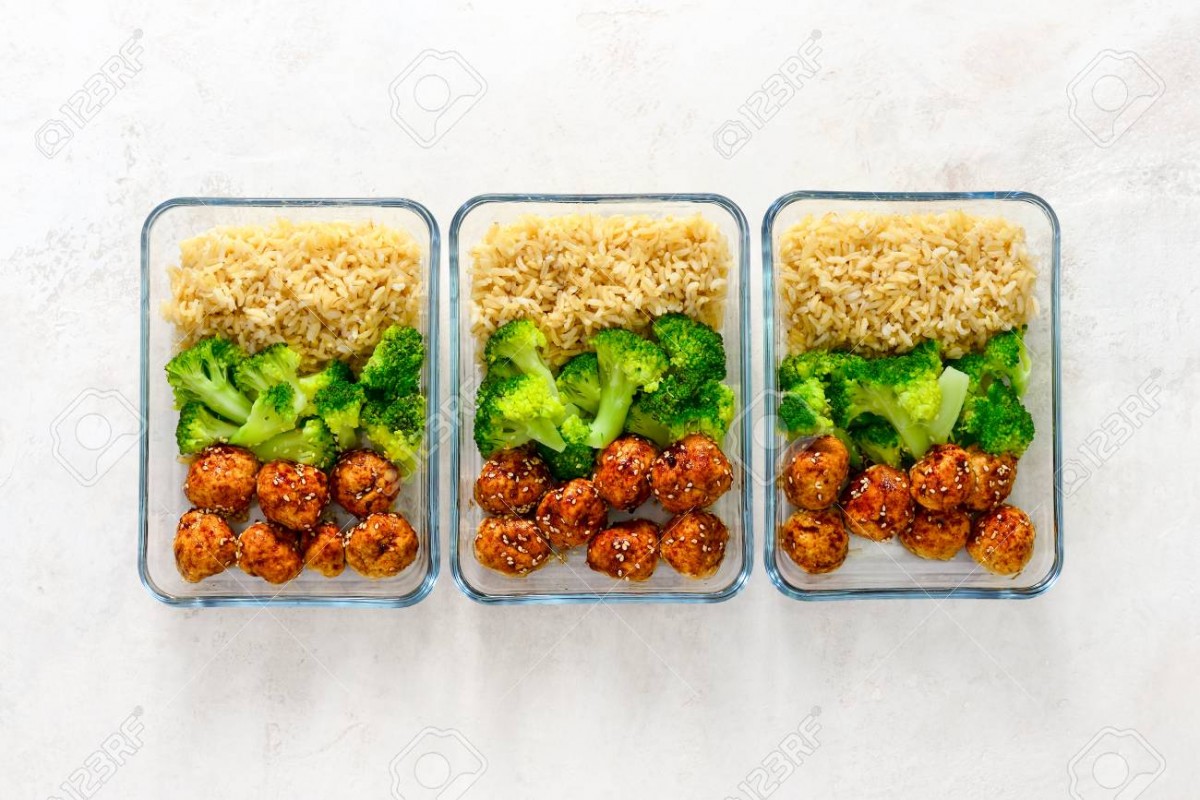 Cook meals in batch so that you have a supply of balanced meals. If you don't have to think about preparing meals every day you will be less likely to choose a high fat, convenience option.
Cook meals in batch so that you have a supply of balanced meals. If you don't have to think about preparing meals every day you will be less likely to choose a high fat, convenience option.
Choose lower calorie snacks or puddings
If you are having three balanced meals you shouldn't need to snack between your meals however if you do choose to have a snack choose one that is lower in calories. If you are going out and you know that you will find it more difficult to access a healthier option, take a healthy snack with you.
Are you drinking enough fluid?
Aim for 6-8 glasses per day of fluid. Sometimes thirst can present as hunger.
Limit alcohol
Many products containing alcohol are high in calories. Reducing your alcohol intake will reduce the amount of calories you take in. Try fruit cordial with soda water as an alternative for flavour.
Consider physical activity
Keeping gently active has a range of benefits to your body and your mind.
What are the benefits for me of being more active?
Any increase in your activity level will have some benefit to your health. Moving more will help to maximise your body's heart and lung function and improve your blood flow and circulation. Being more active will also offer benefits to your breathing, energy level and mood.
If you are feeling tired, you may find it difficult to consider moving more but increasing your activity level can improve cancer-related fatigue.
How can I be more active?
Walking, yoga and even general household chores including hoovering, dusting, planting or gardening all count.
Start from where you are at and do what you feel able to do. See below for some ideas to get you started;
- Take the stairs instead of the lift
- Get off the bus one stop before you had planned. Give yourself a longer walk to your destination.
- Count your steps and set yourself a goal
- Walk with a friend or whilst listening to music
If you would prefer a more structured fitness class or activity, or if you are interested in trying gardening groups, seated exercise or walking groups to name a few, contact Macmillan Move More. You can find more information here or download some of their free resources to help you start making changes.

